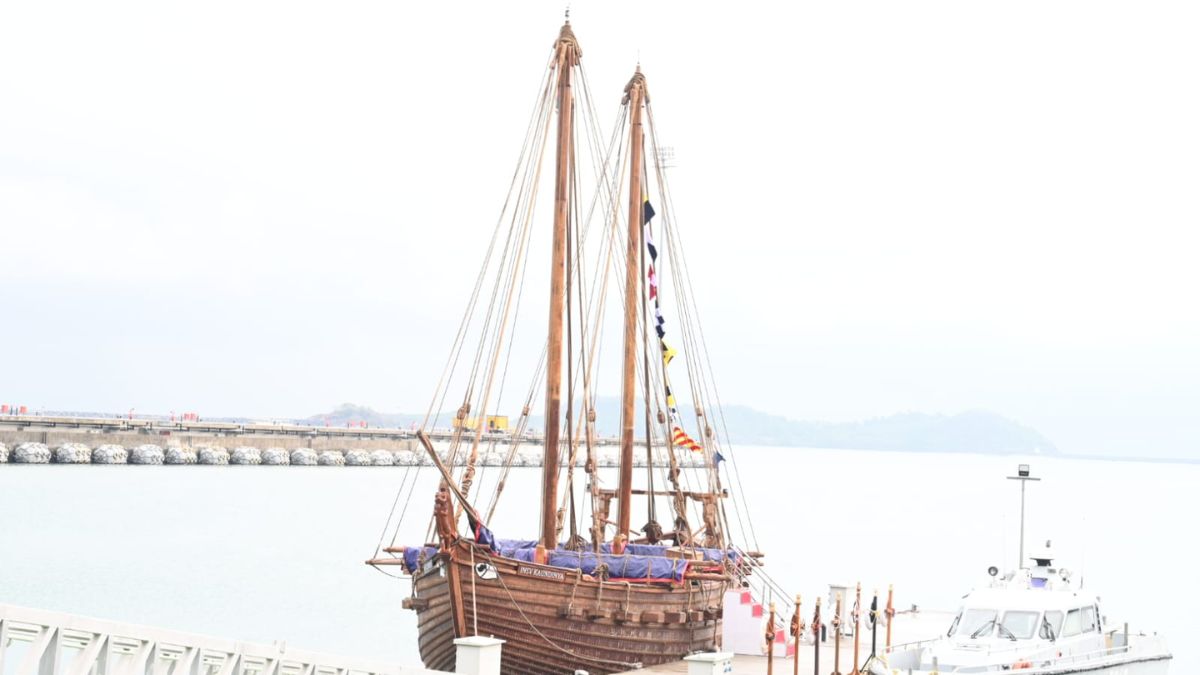Pakistan Navy’s Bahria Foundation: How A Tax-evading Leviathan Is Stifling Morale Under The Garb Of Welfare

From welfare roots to billion rupee ventures, the Pakistan Navy’s Bahria Foundation stands accused of putting profit before duty, leaving morale and accountability in question. Image courtesy: RNA
Pakistan’s Bahria Foundation is a rather prominent example of military-run enterprise that operates with limited scrutiny within the Asian nation.
Originally set up as a welfare organisation for the Navy, it has become a Leviathan that has tightened its coil over shipping, construction, real estate, education, and services. However, its operations have long been tied to allegations of corruption and weak oversight.
The implications of this are heavy on the country’s economy, the military institutions in Pakistan, and the morale of Pakistan Navy personnel. The result is a system where business interests appear to take precedence over operational effectiveness.
What is the revolving door between naval command and corporate leadership?
The Foundation exemplifies a revolving door in which senior naval officers move directly into corporate posts after retirement. Vice Admiral Imran Ahmed serves as Managing Director, following Vice Admiral Shah Sohail Masood, who held the role from 2018 to 2021.
This practice raises concerns that officers in service may focus on securing future business opportunities rather than prioritising naval duties.
Such arrangements reinforce the perception that career advancement is linked more to connections than competence. Junior officers have reported long periods assigned to ships under repair, limiting operational experience and career growth. This has created a generation of officers with reduced sea-going exposure, weakening both training and readiness.
How extensive is Bahria Foundation’s business empire and how is it monitored?
The Foundation controls more than 20 subsidiaries, from Bahria University and Bahria Ship Breaking to smaller ventures such as bakeries. Its commercial reach has been built under a system that benefits from tax exemptions, privileged access to contracts, and minimal regulatory oversight.
Audit reports repeatedly point to irregularities straggled across Pakistan’s defence sector. The Auditor General has cited Pakistani Rupees (PKR) 824 million in questionable transactions, including unaccounted fuel and procurement violations. Yet such findings rarely result in significant consequences.
Since 1985, the Ministry of Defence has complied with only a tiny fraction of Public Accounts Committee directives. That has reinforced the perception of impunity.
What impact does this system have on naval morale and operational readiness?
The consequences are visible in the Pakistan Navy’s operational state. With only two submarines fully available and most surface vessels tied up in maintenance, training and readiness have suffered. Junior officers often find themselves posted to non-operational ships, depriving them of experience at sea.
At the same time, inequalities within the ranks deepen resentment. Senior officers benefit from well-paid positions within Bahria Foundation, while ordinary sailors face delayed promotions, limited resources, and substandard living conditions. The contrast between elite enrichment and rank-and-file hardship undermines cohesion and institutional integrity.
Why does this matter strategically?
The normalisation of corruption and weak oversight in military-run enterprises has broader implications for national security. When procurement decisions are influenced by future corporate interests, operational requirements risk being compromised.
Past scandals, such as the Karachi Affair linked to the Agosta submarine deal, revealed how personal gain shaped defence acquisitions.
The result is a cycle in which resources intended for modernisation and readiness are diverted elsewhere, leaving the Navy struggling with maintenance backlogs and cancelled exercises.
Until independent auditing and civilian oversight are enforced, Bahria Foundation will remain emblematic of a system where commercial gain outweighs institutional duty, undermining both morale and security.







